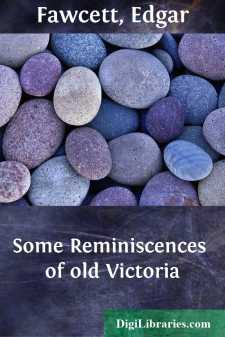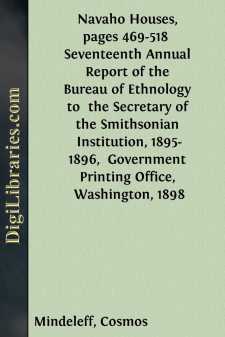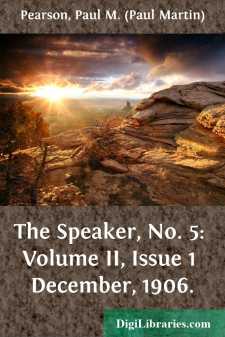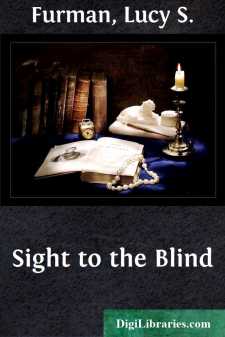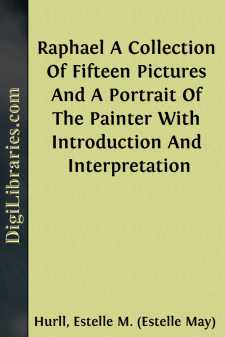Non-Classifiable
- Non-Classifiable 1768
Non-Classifiable Books
Sort by:
by:
Richard Garnett
CHAPTER I. John Milton was born on December 9, 1608, when Shakespeare had lately produced "Antony and Cleopatra," when Bacon was writing his "Wisdom of the Ancients" and Ralegh his "History of the World," when the English Bible was hastening into print; when, nevertheless, in the opinion of most foreigners and many natives, England was intellectually unpolished, and her...
more...
A hygiene that claims to be new and of the greatest practicality, and certainly revolutionary in its application, would seem to require something of its origin and development to excite the interest of the intelligent reader. Methods in health culture are about as numerous as the individuals who find some method necessary for the health: taking something, doing something for the health is the burden of...
more...
A peculiar gap exists between the accepted theoretical basis of instruction in singing and the actual methods of vocal teachers. Judging by the number of scientific treatises on the voice, the academic observer would be led to believe that a coherent Science of Voice Culture has been evolved. Modern methods of instruction in singing are presumed to embody a system of exact and infallible rules for the...
more...
by:
Edgar Fawcett
PREFACE To My Readers:— A preface is, as I understand it, an explanation, and maybe an apology, for what follows. If such is the case, I must explain several things contained in these "Reminiscences of Old Victoria" and its pioneers. Had I not been laid aside with the typhoid some eight years ago, it is likely I should not have thought of writing down these early memories, but many know what...
more...
by:
William Gardner
Douglas was now at the zenith of his success, master of all his resources, the most admired, dreaded and powerful man in American public life. History must inexorably condemn much of his most brilliant and successful work, but the very emphasis of its condemnation is an involuntary tribute to the matchless efficiency of the man. At this period he was the most masterful and commanding personage of...
more...
by:
Cosmos Mindeleff
INTRODUCTION The account of the houses or hogáns of the Navaho Indians which is presented here will be of interest to the student of architecture, it is believed, because data concerning such primitive types of house structures are quite rare. It is also thought to be of interest to the archeologist and ethnologist as well as to the general reader, for it is well known that no one product of a...
more...
n teaching public speaking the final purpose must be to train the will. Without this faculty in control all else comes to nothing. Exercises may be given for articulation, but without a determined purpose to speak distinctly little good will result. The teacher may spend himself in an effort to inspire and enthuse the student, but this is futile unless the student comes to a resolution to attain those...
more...
by:
Lucy S. Furman
Sight to the Blind One morning in early September, Miss Shippen, the trained nurse at the Settlement School on Perilous, set off for a day of district-visiting over on Clinch, accompanied by Miss Loring, another of the workers. After riding up Perilous Creek a short distance, they crossed Tudor Mountain, and then followed the headwaters of Clinch down to Skain's Fork, where in a forlorn little...
more...
INTRODUCTION I. ON RAPHAEL'S CHARACTER AS AN ARTIST. No one of the old Italian masters has taken such a firm hold upon the popular imagination as Raphael. Other artists wax and wane in public favor as they are praised by one generation of critics or disparaged by the next; but Raphael's name continues to stand in public estimation as that of the favorite painter in Christendom. The passing...
more...
CHAPTER I SOUTH POLAR EXPEDITION—OUTFIT AND AIMS It is nine years since the last supporting party bid farewell to Captain Scott and his four brave companions, whose names are still fresh in the memory of those who were interested in Captain Scott's last Polar Expedition. The Great War has come and gone and the majority of us wish to forget it, but the story of Scott undoubtedly appeals still to...
more...





